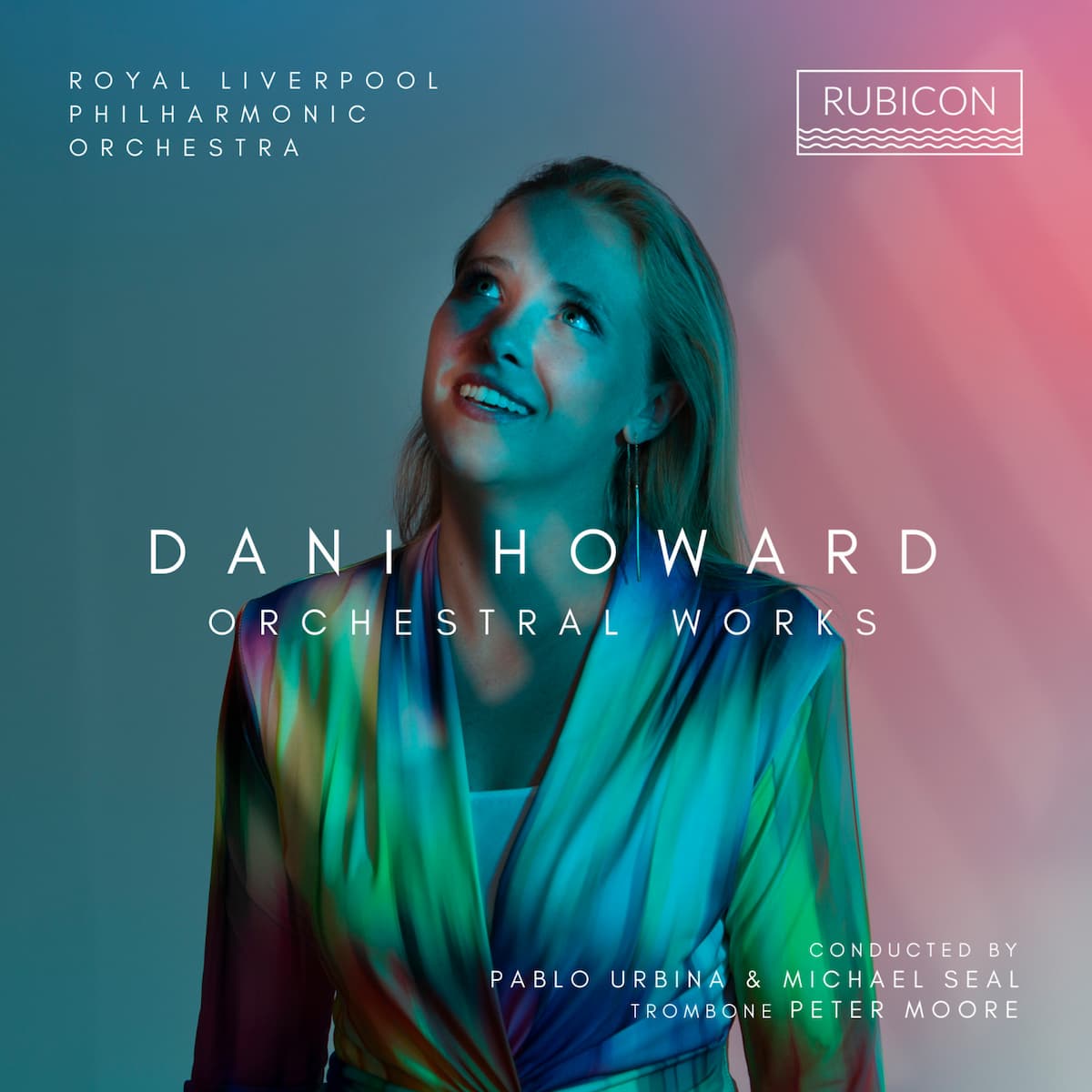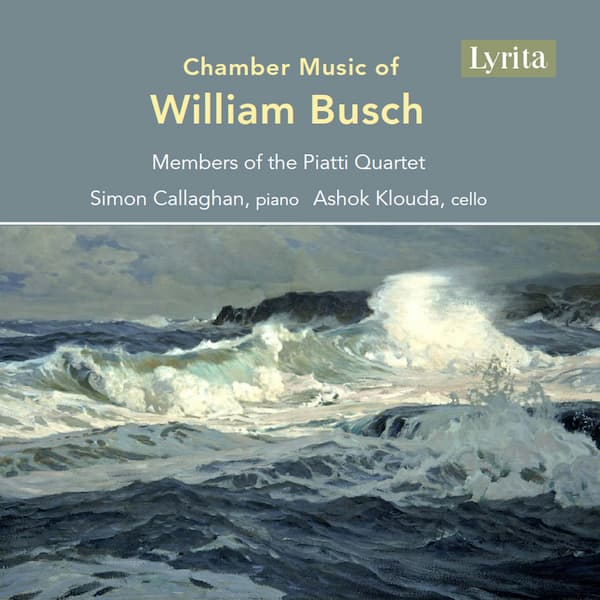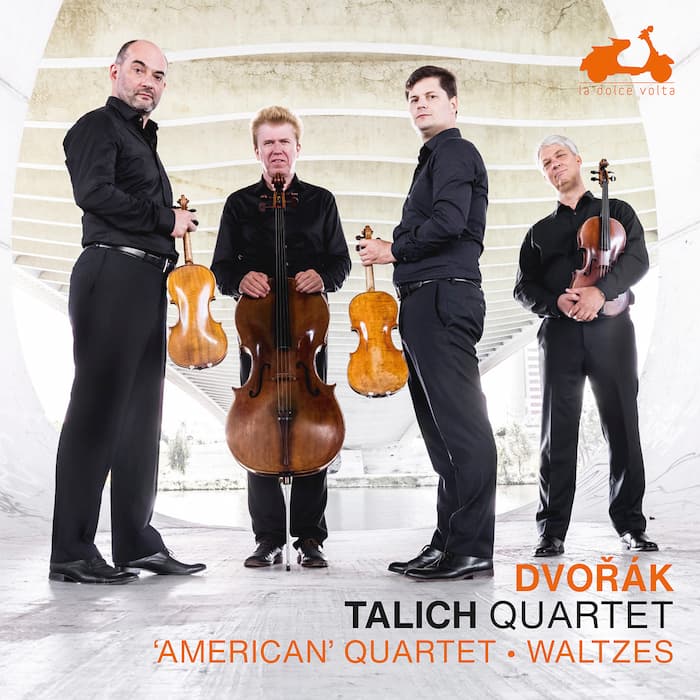Although in the liner notes to her new album, British composer Dani Howard protests that she avoided orchestral music during her years at the Royal College of Music, this collection of her music from 2016 to 2021 shows her utter mastery of the genre.

Dani Howard
Her first exposure to writing for large forces came as a commission from Orchestra Vitae for work (Arches) for the 400th anniversary year of Shakespeare’s death, and from that little step came her next commission from Classic FM and the Royal Philharmonic Society for a work celebrating the 25th anniversary of Classic FM.
The work she wrote in 2017 for that silver anniversary is entitled Argentum (Silver), and she used the platform to create a work for the Royal Liverpool Philharmonic Orchestra (RLPO) that takes us through a journey of time – looking at both the milestones and the difficulties in any institution’s first 25 years.
Dani Howard: Argentum (Royal Liverpool Philharmonic Orchestra; Michael Seal, cond.)
From first hearing, this work captivates: it’s busy, emotional, and satisfying in being a work of celebration. For her first work with a full-time professional orchestra, it’s a phenomenal piece that fully exploits the sounds and capabilities of the orchestra. When she plays the sections off against each other: lyrical lines in one section and twittering continuo in another section, it makes you wish you’d been there for the premiere!
Her other works for the RLPO are equally authoritative. Her next work for them, Coalescence (2019), started from an image of a tree in central London that had eaten the metal railing that started as its containing wall. The idea of nature versus human (or vice versa) and how humans’ attempts to control nature are often thwarted by the overwhelming persona of nature herself.
Her next work for the RLPO was a trombone concerto (2021) for the trombonist Peter Moore. Moore (b. 1996) is the principal trombonist for the London Symphony Orchestra. The untraditional movement names (I. Realisation, II. Rumination, III. Illumination) mimic the development of an idea. Her instructions to the soloist emphasize this. Movement I: ‘play as if you are totally oblivious to your surroundings’ becomes, in Movement II, a seed of an idea that’s ‘turned over and over’ and in Movement III comes the final resolution of the idea as a shining light. It’s an interesting way to conceive of the development of musical ideas and their final realization through the working out of a piece.
The final work on the album is Ellipsis (2021), written for the Royal Philharmonic Orchestra as a reflection of its 75-year history: ‘The music alludes to key moments in the orchestra’s history: the sense of heady anticipation at its launch, times when concert halls nearly fell silent, and its ongoing role reaffirmed at the end. In between, the listener is invited to fill in the gaps, as the title suggests’ (composer’s notes). The title makes it a kind of time-lapse photography, snapshots of the RPO’s progress through time.
The recording is a joy from beginning to end and as the first steps in Dani Howard’s orchestral education, we look forward with much interest to what’s next.

Dani Howard: Orchestral Works
Royal Liverpool Philharmonic Orchestra, conducted by Michael Seal and Pablo Urbina
Performed by
Royal Liverpool Philharmonic Orchestra
Michael Seal, conductor
Pablo Urbina, conductor
Official Website
For more of the best in classical music, sign up for our E-Newsletter



